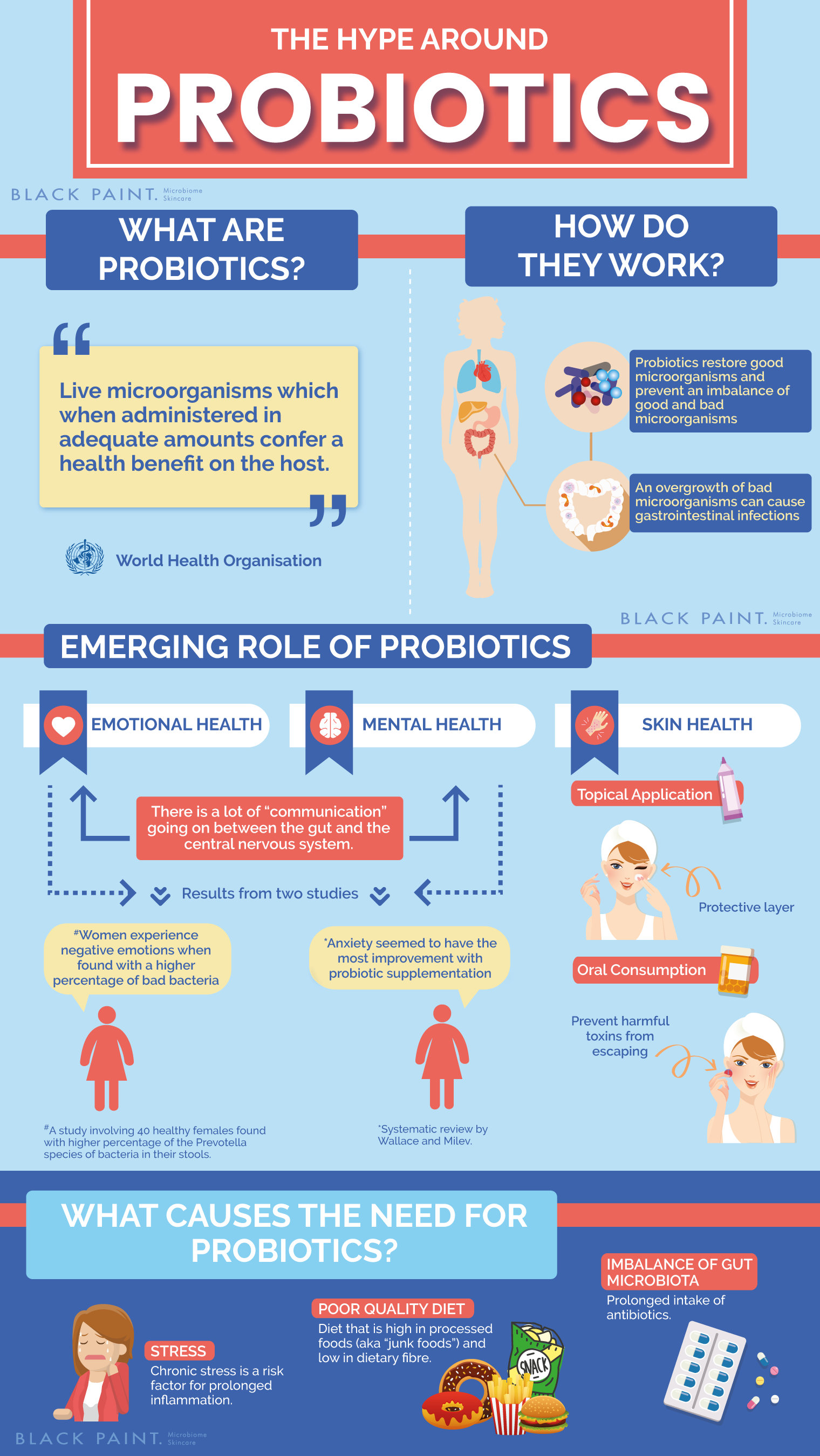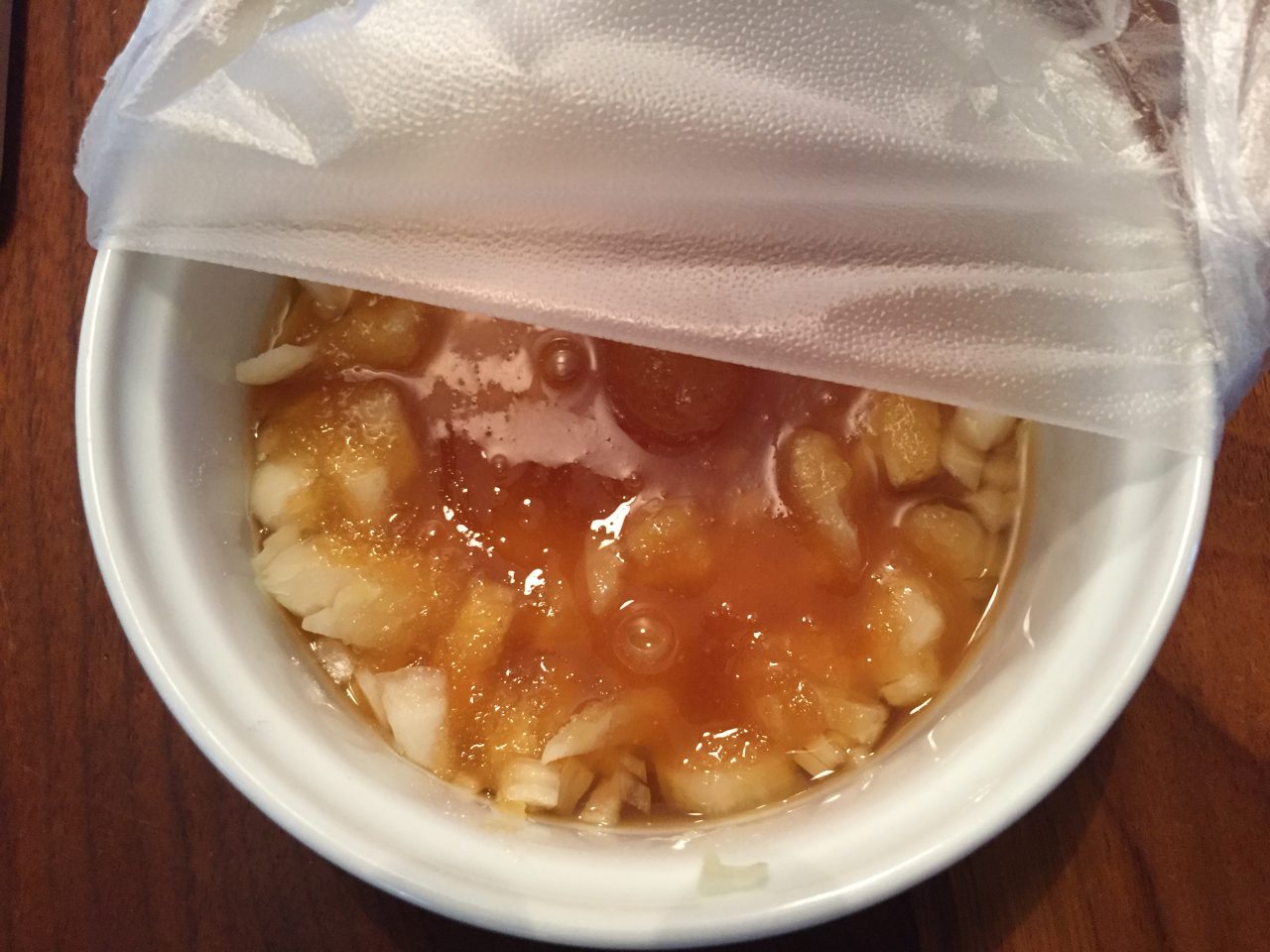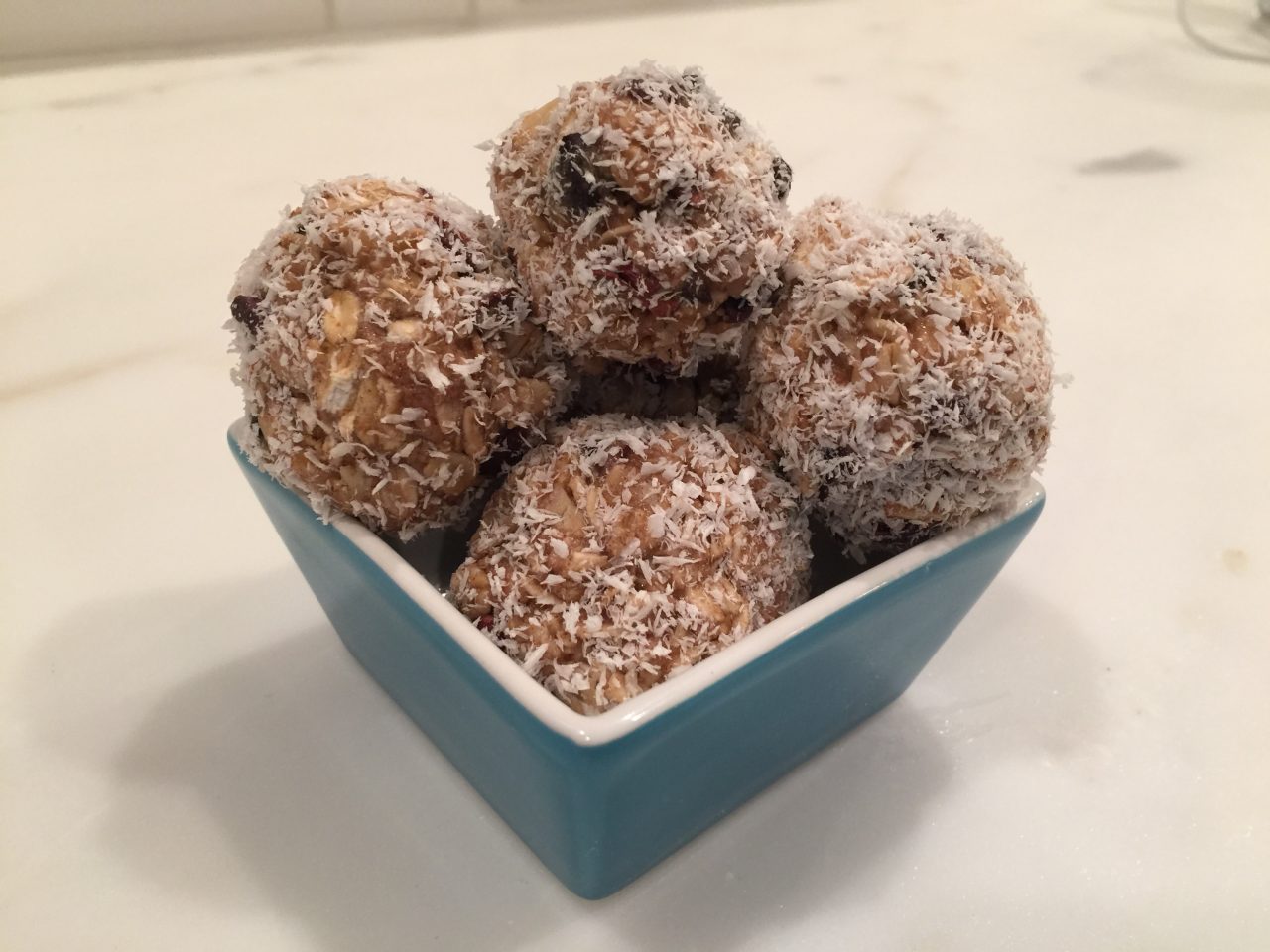Probiotics … Should You Be Taking Them?
 I received an email from someone who suffers from some gastrointestinal symptoms.
I received an email from someone who suffers from some gastrointestinal symptoms.
She was wondering if she should take probiotics. She signed off “Gassy.”
Very classy, Gassy, and love you anyway. Thanks for the question.
I see the ads, I have friends who swear probiotics cleared up all sorts of ailments, and I understand the science behind them. Years ago, I always recommended yogurt to patients, especially women, who were taking antibiotics. As probiotics became accessible at every store, I started recommending them instead of Dannon, just for ease of administration. But, after reading Gassy’s question, I honestly was not so sure about recommending them to the general population, or recommending them for specific symptoms, like excessive farting in public.
Here is what I learned with a little research:
- Just to clear things up, there are PRObiotics and PREbiotics. Probiotics are healthy, good bacteria that keep the bad bacteria in check. The bad bacteria can cause diarrhea, stomach pain and some people believe, fatigue and other constitutional symptoms. Think: little police bacteria.
Prebiotics are carbohydrates we can’t digest but that serve as food for the probiotics. Think: coffee and donuts. (Sorry, just a joke, in case all the cops in my family read this.) - There are no foods with both pro and pre biotics, but you need both for a healthy gut.
- Foods rich in probiotics include any type of fermented food. Yogurt with live cultures, sourdough bread, miso soup, some soft cheeses like Gouda and sauerkraut.
- Foods rich in prebiotics are asparagus, oatmeal, bananas, whole grains, garlic, onions, honey and legumes. The little parts we don’t digest are a feast for our good bacteria.
- All of these foods contain other vitamins, minerals and nutrients that are good for your health. If you suffer from no stomach discomfort, likely you have a great balance of prebiotics and probiotics and don’t have to take supplements.
- There are some promising studies on pro and prebiotics and allergic symptoms, including eczema. Stay tuned for something conclusive. I’m hopeful.
- If you think your diet lacks some of the foods that can provide the environment for a healthy gut, go ahead and give probiotics a try. If you have intermittent diarrhea, without fever or abdominal pain, I think it is definitely worth giving it a shot. If you have seasonal or food allergies, I also think it cannot hurt. Like any supplement, the real thing is better, but we all know how difficult it is to get enough good food in every day. I wouldn’t expect miracles from probiotics, but if you feel better, keep taking them. If you don’t, save your money.
- I highly suspect that the people who are in love with their probiotics (our very own Amy, for instance, pictured below with her recommended brand) also made some other smart lifestyle choices at the same time. Often, we decide to get our act together, change our diet and are inspired to hit the health store at the same time. When people feel energetic and very well, it is always a result of a combination of factors, one of them always being good nutrition. We truly are what we eat.
Bottom Line: It cannot hurt to give probiotics a try, but the true benefit will come when you change your diet to support a healthy gut. Classy Gassy, if I were you, I’d give them a try, but only after taking dairy out of your diet for a week and seeing if that helps. If neither work, talk with your doctor. Ain’t no one got time for gas.
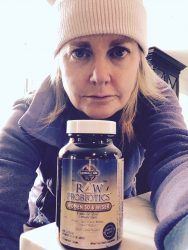
This is Amy posing with her fave probiotics, which she swears by even though it is for women 50 and over and she isn’t even close.
Try This All-Natural Home Remedy for Cough & Colds
What to Do About Ugly Veiny Legs
How to Survive…and Maybe Even Enjoy Great Wolf Lodge
Can Apple Cider Vinegar Really Help You BURN FAT!?
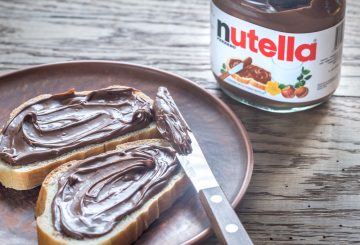
Should Kids Specialize in Sports?


